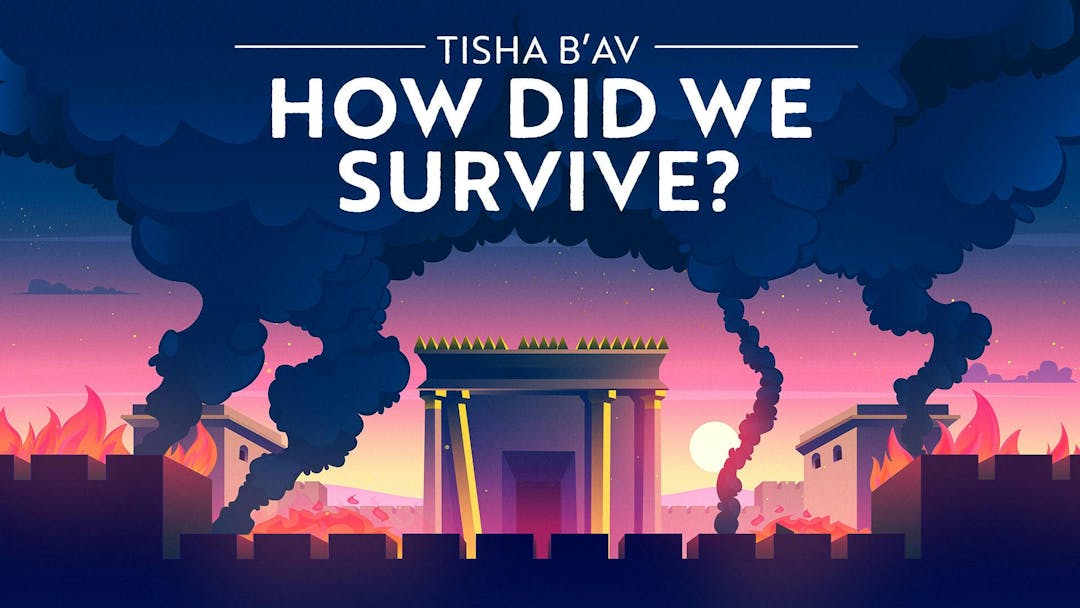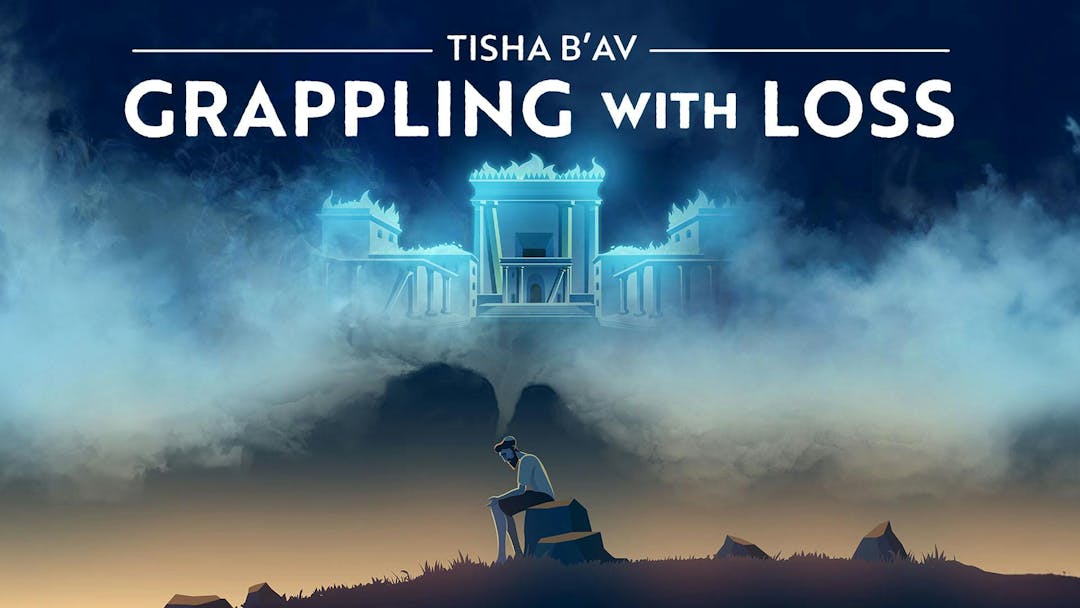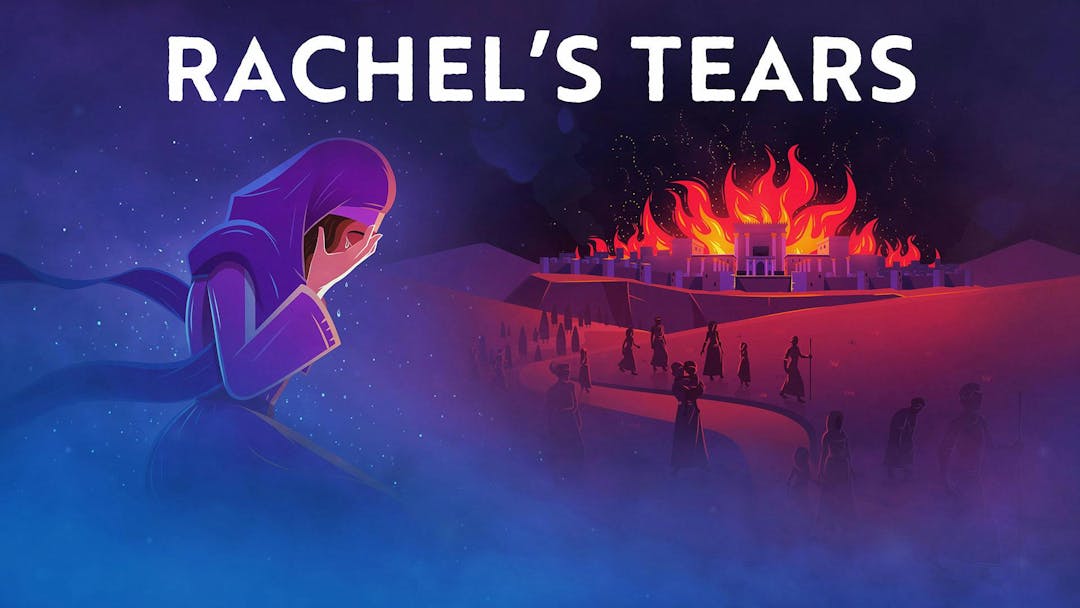Become a premium member today to unlock the full library with unlimited and uninterrupted access
Get StartedRachel Crying For Her Children (Part 1 of 5)
Reversing Tisha B’Av: How To Actually Rid Ourselves Of Sinat Chinam
Is there such a thing as purposeful mourning? How do we channel our pain and anguish productively, without allowing it to consume us or others? This video series, originally created for Tisha B’av, has a new, heartbreaking relevance in our post-October 7 world. Join Rabbi Fohrman as he explores these pivotal questions through the lens of Rachel, the mother of our people. Watch to discover what Rachel’s story can teach us about the power of mourning as a catalyst for growth — on Tisha B’Av and every day of the year.
Discover other great Tisha B’Av videos at Aleph Beta, including ‘Emunah”, “Sinat Chinam: What is Baseless Hatred ”. And “What Is Megillat Eicha Really About?”
What is Aleph Beta?
Aleph Beta is a unique kind of Torah library. Led by our founder, Rabbi David Fohrman, we are dedicated to high-level, textual Torah learning for adults that is intellectually and spiritually sophisticated, that enlivens your Jewish practice and helps you forge a deeper connection to God. Whether you’ve been learning in yeshiva for years or you’re just beginning your Torah journey, you’re sure to find something meaningful and surprising waiting for you here.
Browse our library of over 1,000 beautifully produced animated videos, podcasts, deep dive courses, and printable guides. Topics include the weekly parsha, Jewish holidays & fast days, laws & mitzvot, prayers, relationships, big philosophical ideas and more. Have something to say at the Shabbos table that will amaze your family and guests and bring deep meaning into their lives.












